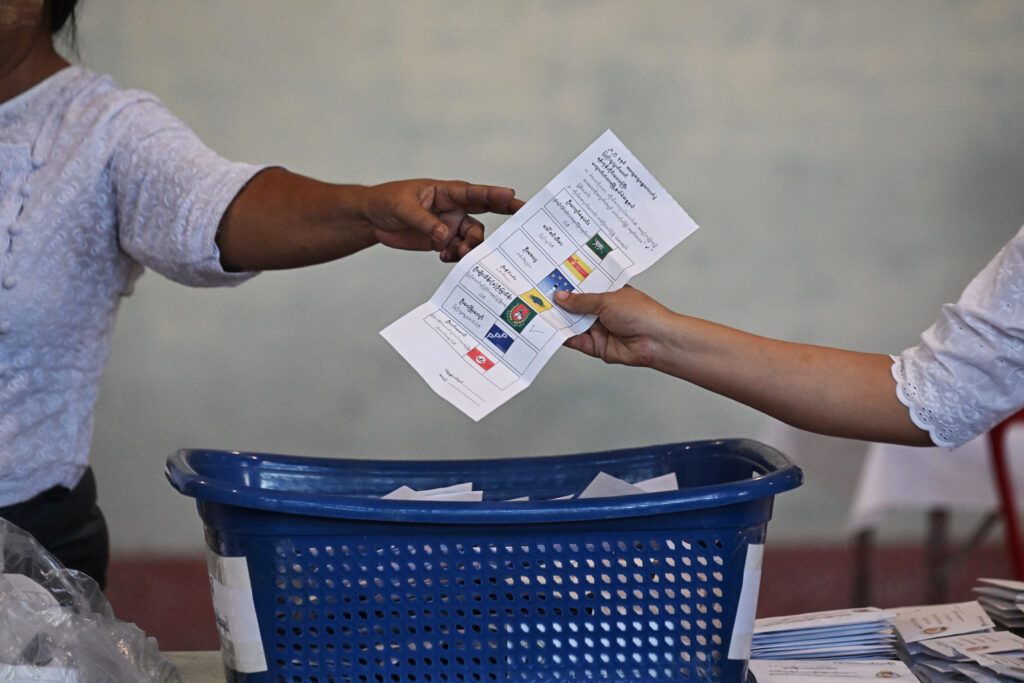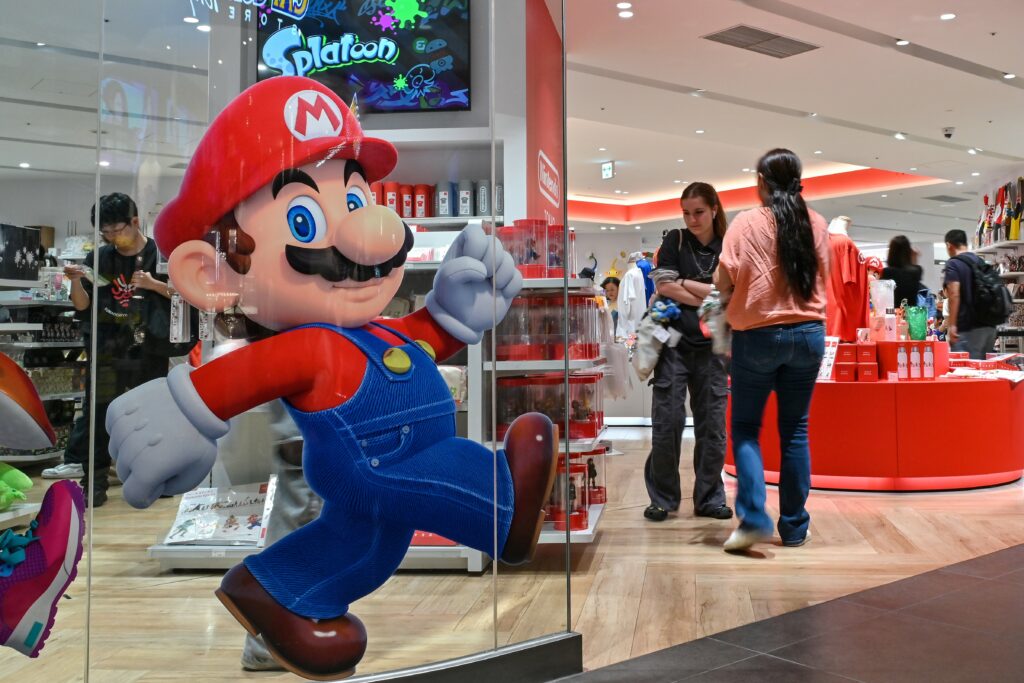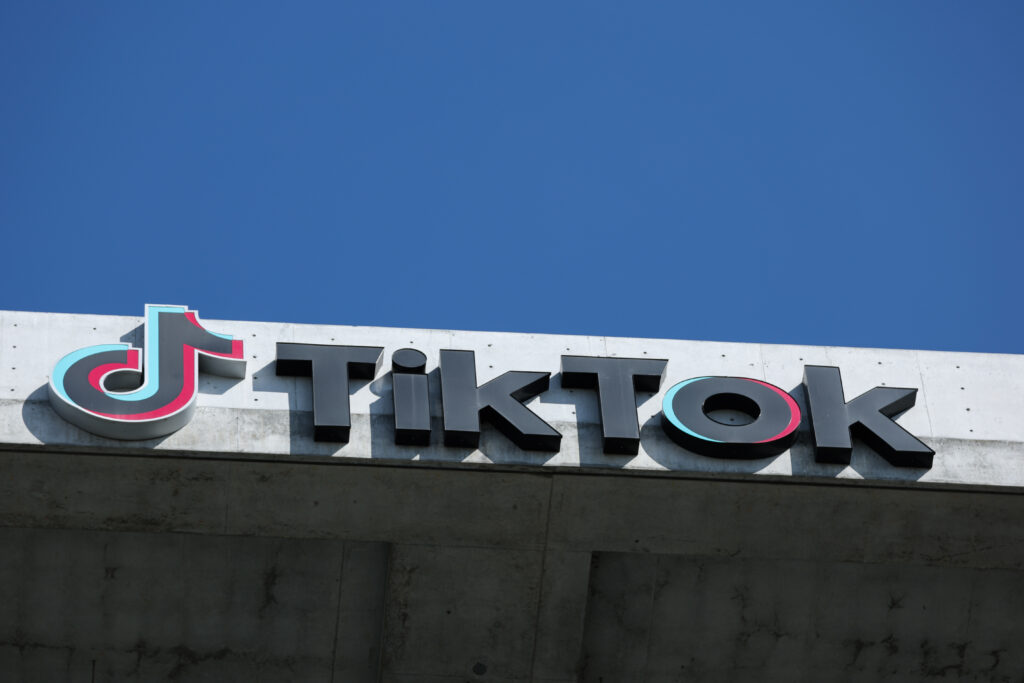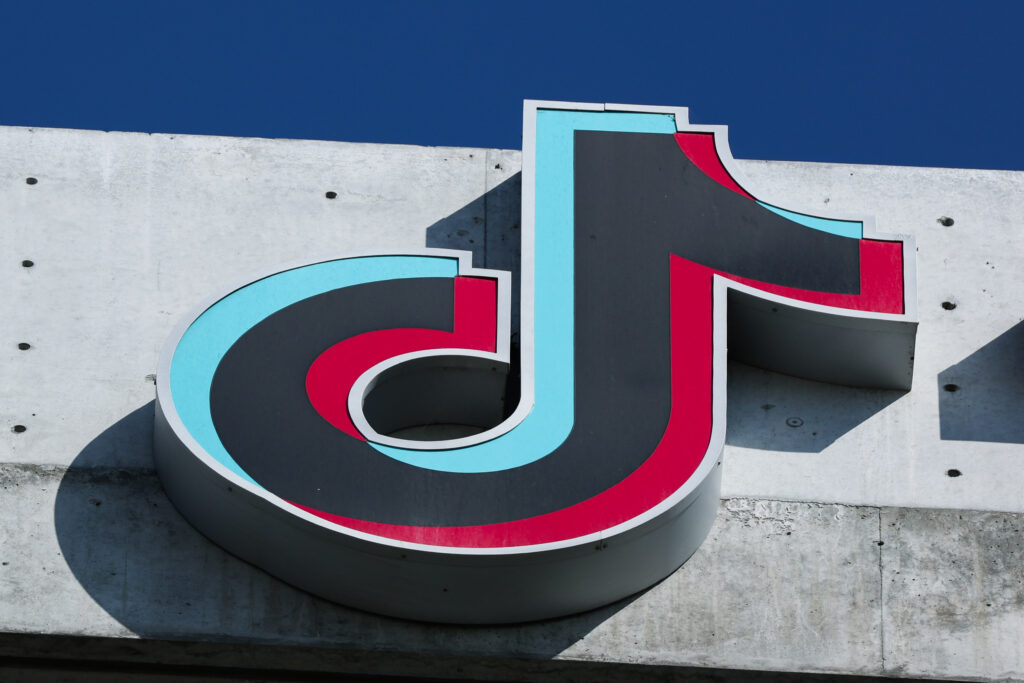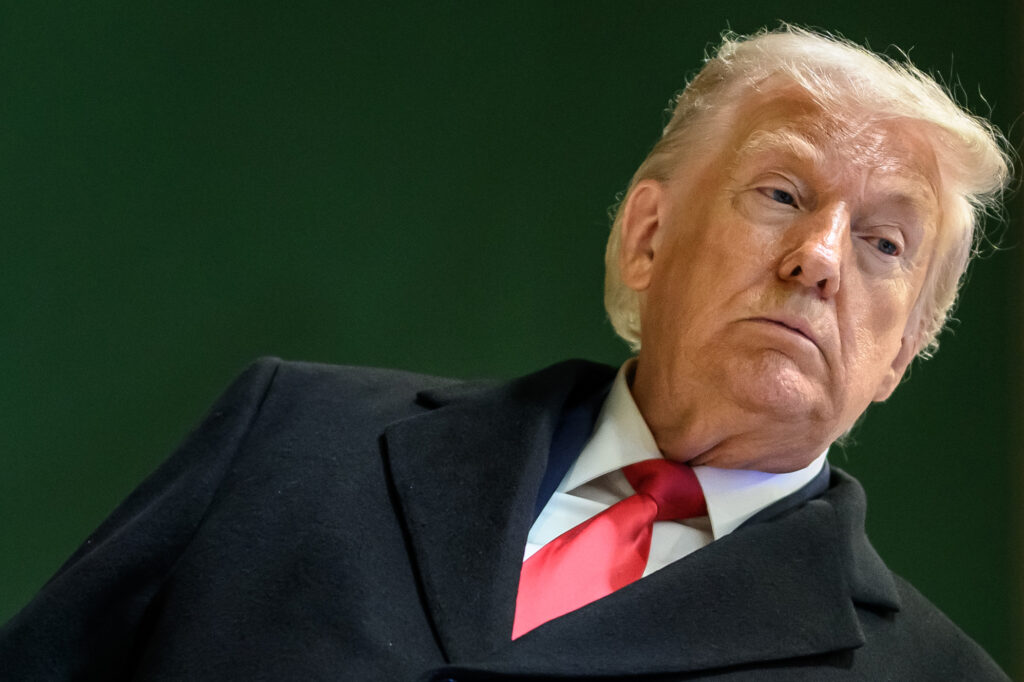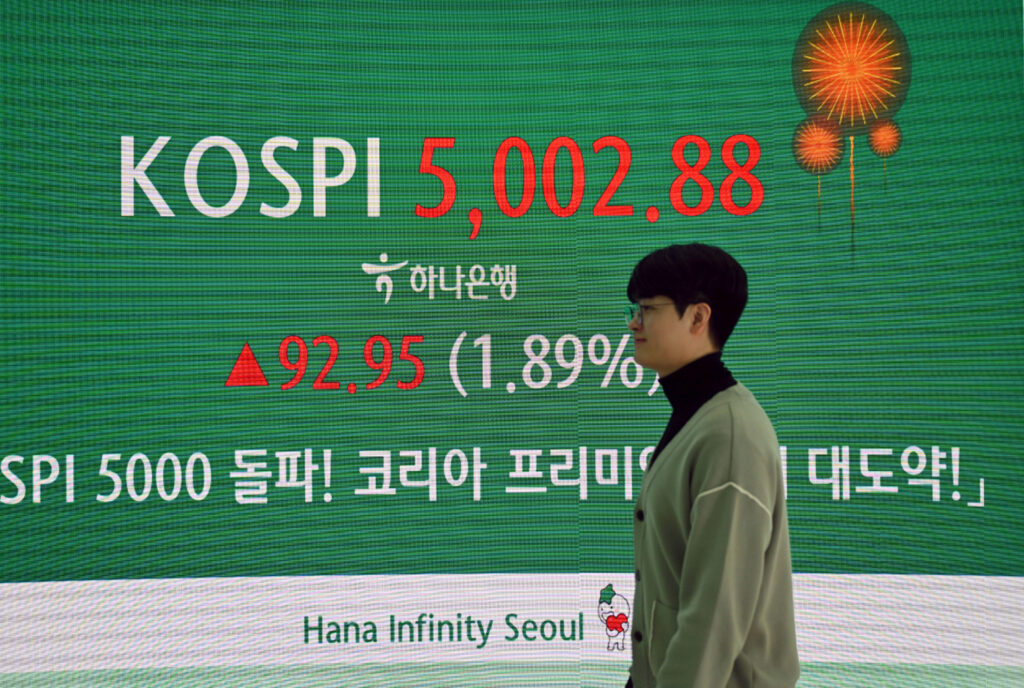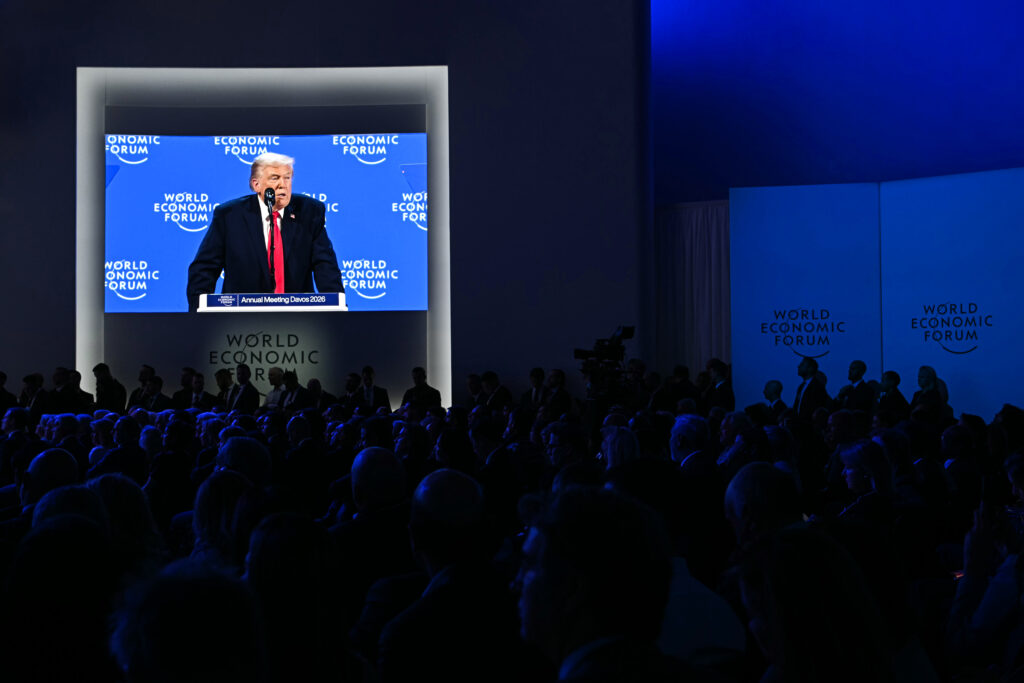UN expert urges world to reject Myanmar ‘sham’ election
The world must utterly reject the outcome of this weekend’s final round of “sham” elections in Myanmar, the United Nations’ special rapporteur on the country said Friday.He and other democracy advocates say that with deposed democratic leader Aung San Suu Kyi sidelined and her massively popular party dissolved, the three-stage vote has been rigged by a crackdown on dissent and a ballot stacked with military allies.”The junta has orchestrated the election specifically to ensure a landslide by its political proxy,” said Tom Andrews, the special rapporteur on the situation of human rights in Myanmar.”It took no chances, banning credible opposition parties, jailing popular political figures, muzzling the press, crushing fundamental freedoms, and using fear and coercion to drive a reluctant electorate to the polls.”In his statement, the independent expert said the junta was hoping countries would “accept military rule dressed up in civilian clothing”.”Governments must not allow that to happen,” he added.Andrews, a former Democratic congressman in the United States, voiced hope Sunday’s final day of balloting would bring relief to Myanmar’s people.They had faced election-related intimidation, threats, arrests and lengthy prison terms if they criticised the election or failed to participate, he said.Voters had reported junta officials “pushing citizens to polling stations even as military jets bombed villages throughout the country”, he added.- ‘Rigged process’ -Most countries “recognised the absurdity of the junta’s election ploy”, he said, and states endorsing the result would be “complicit”.”International acceptance of this fraudulent exercise would set back the clock on genuine resolution to this crisis,” he said.UN special rapporteurs are independent experts appointed by the UN Human Rights Council, but do not speak in the name of the United Nations itself.The military has ruled Myanmar by force for almost all of its post-independence history, before a decade-long democratic experiment gave civilian politicians tentative control.The generals took back power in a 2021 coup deposing the government of Aung San Suu Kyi, detaining the democratic figurehead and plunging the country into civil war.Andrews urged countries to cut the flow of weapons, aviation fuel, and funds to the Myanmar military.”The people of Myanmar have shown extraordinary courage in resisting military tyranny,” Andrews said.”They deserve a future decided by their will — not by a rigged process designed to keep their oppressors in power.”
